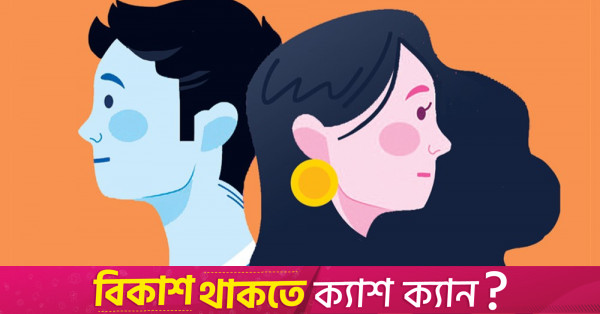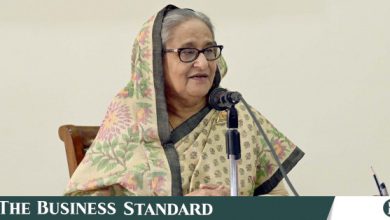Bangladesh slips 40 notches in global gender equality ranking


Bangladesh has slipped 40 notches on the World Economic Forum’s (WEF) Global Gender Gap Index 2024, now ranking 99th among 146 economies.
However, despite the decline, it continues to lead South Asia in gender equality for the tenth consecutive year.
According to the 18th edition of the index released today (12 June), Bangladesh’s significant decline from its previous 59th position in the global ranking marked the steepest fall among the indexed countries.
This was mainly due to the significant deterioration of the country’s economic gender parity in the past five years, the report said. The country has now closed 68.9% of its gender gap, a decrease from 72.2% the previous year.
Despite the drop, Bangladesh has managed to stay ahead of all South Asian nations since 2014 when it surpassed Sri Lanka.
But this year, all South Asian countries have seen a drop in their rankings.
The WEF index assesses the gap between men and women across four fundamental categories: Economic Participation and Opportunity, Educational Attainment, Health and Survival, and Political Empowerment and 14 indicators that compose them.
With 66.4% of the gender gap closed, Nepal has the second-highest level of gender parity, currently standing at 117th globally from 116th last year.
Sri Lanka, at 122nd position, is the third-best performer in the region, with 65.3% of its gender gap closed, followed by Bhutan (65.1%) at 124th position, India (64.1%) at 129th position and Maldives (63.3%) at 132nd position.
Pakistan has been named as the least gender-equal country in South Asia and second least globally with the gender gap closed by 57% as Afghanistan, the worst performer last year, has not been ranked in the Index.
Globally, Iceland remains the top-ranked country with a 93.5% gender gap closed, maintaining its lead for over a decade. Other top performers include Finland (87.5%), Norway (87.5%), New Zealand (83.5%), and Sweden (81.6%).
“Despite some bright spots, the slow and incremental gains highlighted in this year’s Global Gender Gap Report underscore the urgent need for a renewed global commitment to achieving gender parity, particularly in economic and political spheres,” said Saadia Zahidi, managing director, World Economic Forum.
“We cannot wait until 2158 for parity. The time for decisive action is now.” she further added.
Bangladesh performs well in educational attainment
The report highlights that Bangladesh’s economic gender parity score of 31.1% is the lowest for Bangladesh since 2014.
This was mainly because of income inequality between men and women and the decrease in women’s representation in senior leadership roles. Additionally, in 2024 women constituted just one-fifth of professional and technical workers, resulting in a parity score of 25.4%.
Despite these, Bangladesh continues to perform well in educational attainment, achieving a 94% parity rate. This reflects full parity in secondary enrollment, a 93% literacy rate, and 84.1% tertiary enrollment parity.
However, the country dropped three places in the health and survival category, now ranking 129th.
In terms of political empowerment, Bangladesh stands out in the region with a gender parity score of 54.3%, ranking seventh globally. This high score is attributed to Bangladesh having women in head-of-state roles for over 30 years in the past half-century.




